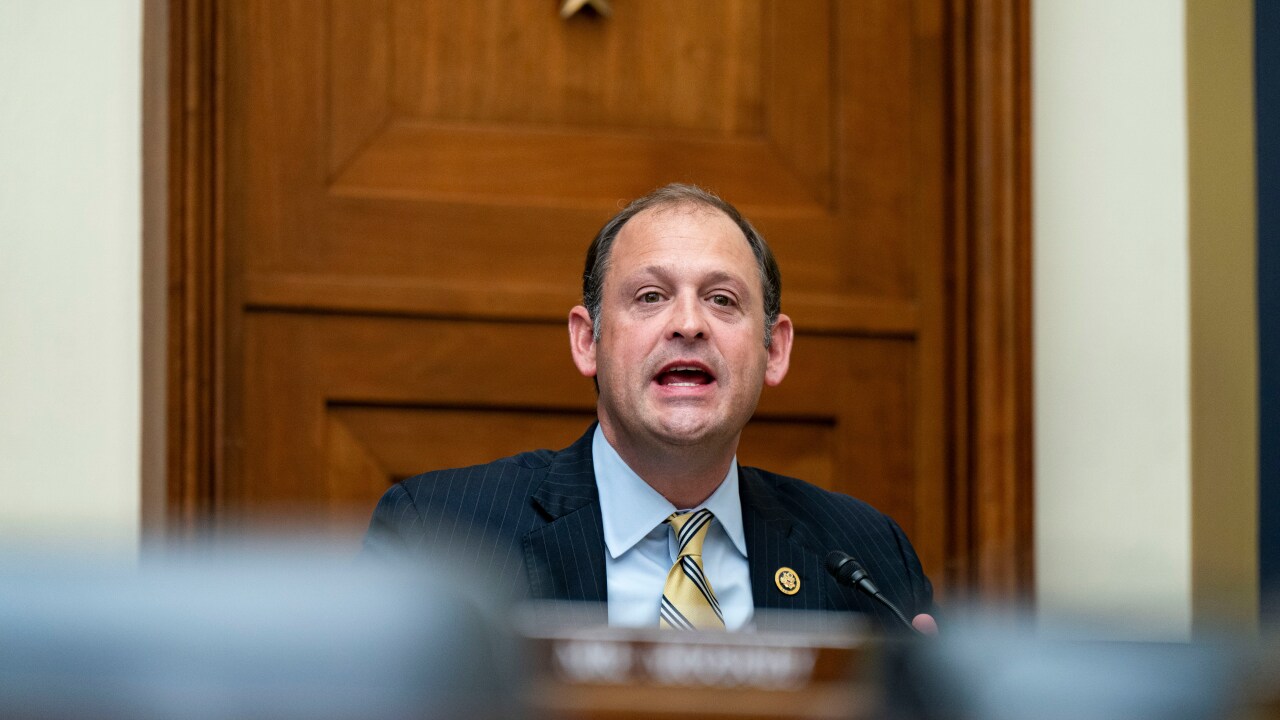For many states and municipalities, mounting public debt continues to intersect with declining populations, shrinking tax bases, and rising pension costs. At the same time, decades-old infrastructure is crumbling while new expansion-oriented construction needs mount. This confluence of events has finally led to the long-awaited acceptance of public-private partnerships (P3) in the broader municipal market.
We now see P3s connected to airports, event centers, colleges and universities, and other structures desired by municipal officials and taxpayers. In most cases, public agencies are benefiting greatly from the financial, operational, and managerial efficiencies created by private partners willing to assume debt obligations and commit their expertise.

Unfortunately, the benefits that have led many states and their instrumentalities to embrace P3s are now at risk because of a needless dispute over $250 million in revenue bonds issued to fund
When the University sought to boost on-campus housing in 2017, it entered into a P3 with us that stipulated we would handle the financing and construction of the project’s housing, retail, and parking components. In turn, the University committed to leasing all of Cross Village’s commercial and parking components on an annual basis.
The University
In addition to overseeing the project’s overall design and taking steps to control the commercial tenants allowed on campus, the University demanded a $20 million upfront payment when the bonds were issued in 2017. Although this unusually large sum increased the bond issuance by at least 10%, the University said it needed these monies.
Everything changed, however, when the University’s new president decided to not renew the bulk of the leases this past summer. Despite repeatedly conveying its “intent to renew” in bond offering documents and during investor presentations, the University currently claims it cannot afford near-term losses. This is the reason given despite the fact that lenders provided a $20 million advance and notwithstanding the institution’s $1.7 billion endowment.
The University’s reckless actions have now put the Cross Village complex and, in turn, a large chunk of the P3 market at risk. Recent events will also no doubt cause major municipal market funds to think twice before purchasing bonds issued by the state of Oklahoma and its instrumentalities, particularly the University of Oklahoma.
I cannot see my company entering into future business transactions with any of Oklahoma’s public agencies if this is how business is done in the state. Moreover, I will need to think long and hard before exploring any other P3 project that shares comparable characteristics. My fear is that this situation will become a template for other creditworthy public partners that simply change their minds about deals and abandon their partners when convenient.
Provident Oklahoma, the bond trustee and major bondholders have been very willing to engage with the University about a compromise. However, our efforts to negotiate in an open and transparent manner have been rebuffed, leading everyone toward costly and distracting litigation.
The reality is there are multiple paths to resolving this dispute in a manner that preserves the integrity of the P3 market and revives Oklahoma’s standing in the capital markets. One option is the University can refinance the bonds and become the owner of the Cross Village project. This is a low-cost, commonsense solution. The University could also renew the leases at comparable rents and finally heed calls to open the complex up to freshmen to increase occupancy.
With this context in mind, any current or prospective participants in the P3 market need to closely monitor this situation over the next few months. Its resolution will ring throughout the marketplace for years to come. In the meantime, Provident Resources Group will continue to pursue its education mission across the country with reputable colleges and universities that understand what a P3 is: a partnership.





